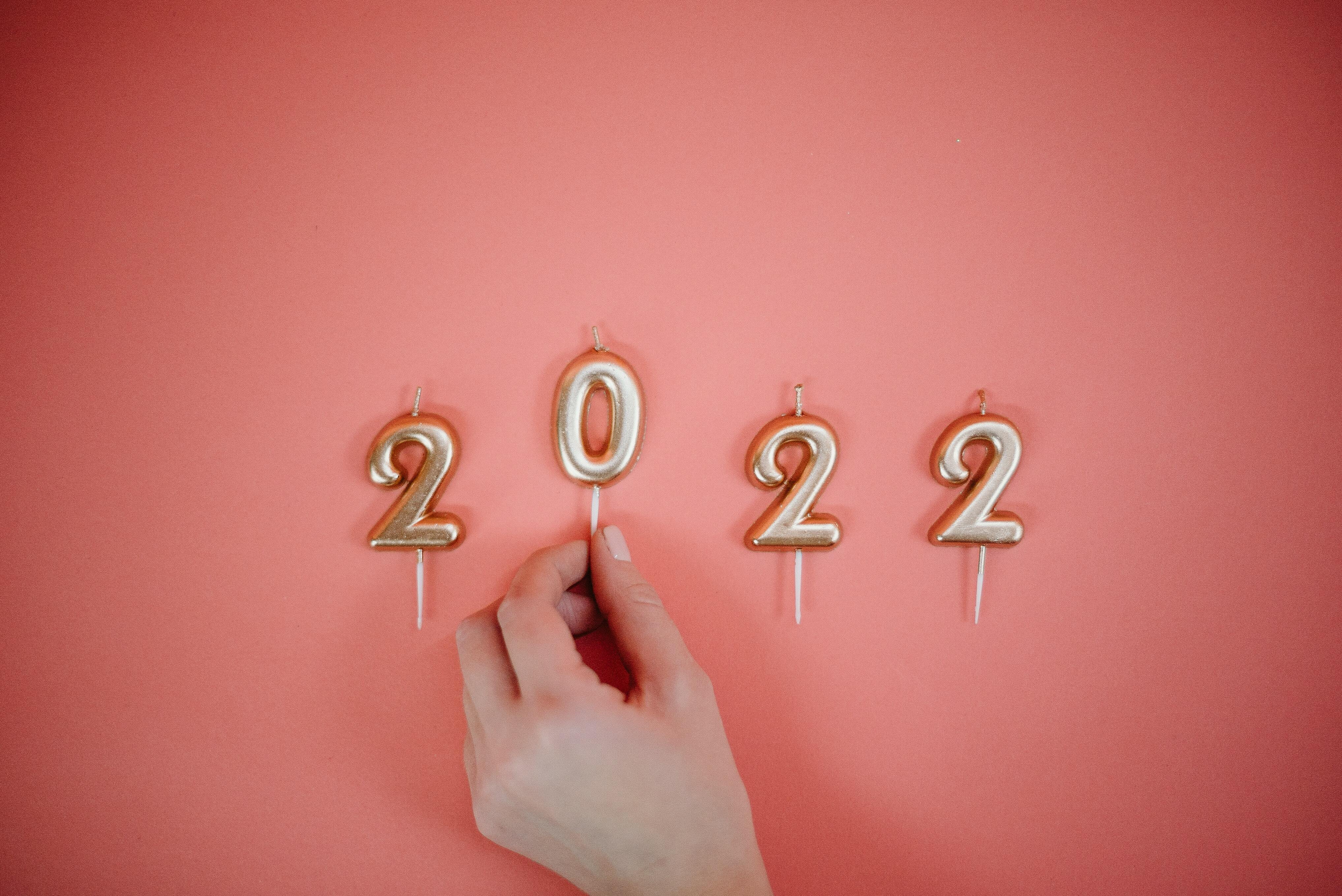
Last week we reviewed the candidates currently leading the 2022 Philippine Presidential Election polls. In this deeper dive, we’ll explore the criteria that makes one fit to lead. Of course, it can never be that simple for us Filipinos, who carry generations and generations of biases due to regionalism, familial occupational or comrade affiliation, religion, history, etc.
It’s likely you’ve already seen the political propaganda, and/or formed preconceived notions about some of the candidates based on what you’ve read online. We also know that politics, let alone presidential elections in the Philippines, have never been a fair fight. As Filipina/o/x Americans, we have a particularly convoluted relationship with politics that can cause our understanding of the political landscape or beliefs about the intentions of our leaders to be distorted, or even disconnected from our lived experience.
Due to America’s history of colonial rule over the Philippines, the Philippine political structure today parallels that of the United States. It contains the same three branches: Executive, Judicial, and Legislative. However, the political party breakdown has proven much more varied than Americas. There’s less polarization (Democratic vs. Republican), and more familial affiliated alliances that binds the makeup of Philippine Congress together.
Yes, this lends its way to the exhausted, popularized idea of historical corruption amongst the Philippine government... which can leave one feeling distinctly unmotivated to engage in the topic.
However, it’s our responsibility to fight the urge to disassociate, and remind our community why it’s important to stay educated. At the very least, for the sake of following the storyline of our cultural narrative and making informed decisions on how we’ll play a part in it. Regardless of how ridiculous society has become, we can't abandon our community, much less ourselves by choosing to live in ignorant bliss.
Ultimately, the lack of strength among the Philippine government can be attributed to the spaciousness we find between one another across the diaspora. Rather, a lack of unification. Both the government and economy of the Philippines is controlled by western colonial and imperialist ideals, and has been influenced to operate in a painfully performative manner at the expense of its own people.
Campaign season is no exception. In fact, we see these ideals thrive as we evaluate our running candidates and each of their backgrounds. In a way, it's thrilling to observe. After all, Filipinos do enjoy a charismatic, affectionate leader. But when that affection is ill-intended, or persuaded through suspicious activity, it becomes an abuse of power. These scenarios are where Filipino political terms such as ‘pork barrel’ are coined, to describe the cyclical corruption we see plague the history of our archipelago.
Like many countries ruined by colonial rule, money laundering and other forms of ill-gotten wealth of this stature are unfortunately commonplace in the Philippines. Most notoriously exemplified by current running candidate, BongBong Marcos’ father, Ferdinand Marcos; Marcos holds the Guiness World Record for largest theft of a government. It’s been confirmed the Marcos family amassed billions of dollars, kept in secret bank accounts throughout Europe, along with expensive properties worldwide, all using government money for personal gain. Today, the Marcos and Romualdez families have established crony alliances with Philippine oligarchs and their own relatives to sustain their wealth and power.
However, the issue of this power concentration is a direct result of just the colonial structures of the contemporary Philippines. The history of political dynasties traces back to the hierarchy of earlier colonial rulers who upheld family-power dynamics. Families that descended from the principalias (pre-colonial leaders selected to become gobernadorcillos or mayors of their region), or illustrados, the educated social class sent abroad to become westernized glorified the caste system and would forever change how we recognize and celebrate each other; by a remnant of the good-old, colonial mentality.
Back in the day, this established upper class may have mingled with Spanish nobility, (AKA the colonizers), or with East Asian, primarily Chinese, settlers. Not surprisingly, an estimated 50-70% of Philippine politicians come from a family in politics. Most of the legislation has also been set up in their favor, especially the big business conglomerates and oligarchs. They own the majority of real estate, telecommunications, banking, infrastructure, and malls in the Philippines.
Sound discouraging? Alas!
DID YOU KNOW?
There’s a bill currently underway called the anti-political dynasty bill. It’s a call to separate family lineage from the decision-making criteria for political leaders in the Philippines, and will all depend on the popularity of votes the bill receives. With this article, we hope to shed some light and create some awareness that’s accessible to anyone who wants to learn more.
Please let us know if you enjoyed this content and want us to continue reporting on the 2022 Philippine Presidential Election taking place on Monday, May 9th, 2022.
Maraming salamat again to our wonderful intern, Paulette Imperial of the Bulosan Center for Filipinx Studies of UC Davis, California, for indulging us in this exploratory project. We hope it’s been as helpful and inspiring for you to read as it was for us to produce!
Happy learning! (or voting! If you’re a PH-citizen 🥳)
